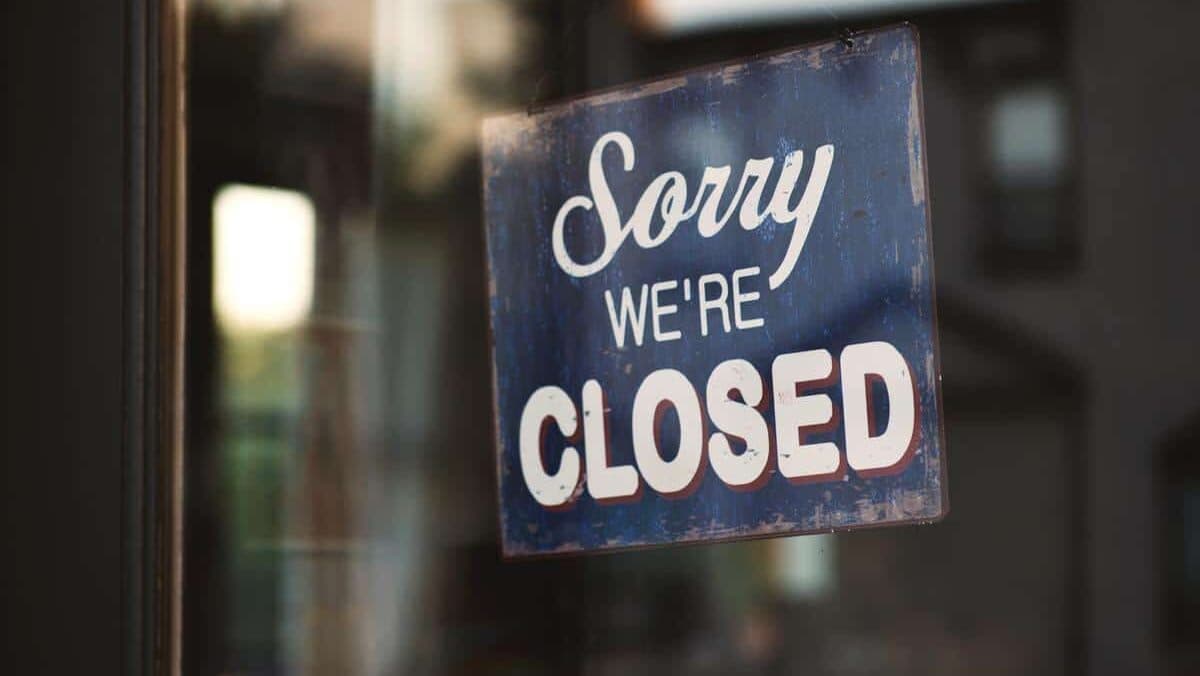The NSW Government has extended Sydney’s lockdown by four weeks until August 28 following persistently high COVID-19 case numbers, but a ban on non-occupied buildings in most of Sydney was lifted to offset the economic impact.
The stay-at-home orders are being extended for all of Greater Sydney, including the Central Coast, Wollongong, Shellharbour, and the Blue Mountains.
NSW reported 177 new cases for July 27, 172 the previous day, and 1,050 cases this week. Three LGAs, Parramatta, Georges River, and Campbelltown, will now be subject to more stringent restrictions, alongside five others.
Residents in these locations are not allowed to leave the area unless they are critical workers.
Construction ban partially lifted
Construction on unoccupied properties will be allowed from July 31 unless they are in Fairfield, Canterbury-Bankstown, Liverpool, Cumberland, Blacktown, Parramatta, George’s River, and Campbelltown, according to Premier Gladys Berejiklian.
Ms. Berejiklian said a new system called contactless tradies would allow some movement in and out of sites.
As three new local government areas (LGAs) in Sydney’s west face harsher restrictions, the premier confirmed that construction will be allowed to resume and that a singles bubble would be implemented.
“The measures allowing for the reopening of construction are logical and welcome given the industry’s COVID-safe record and high standards in dealing with the virus in the workplace,” Helen Waldron, NSW Head of the peak employer association Ai Group said.
“Many smaller retail businesses are finding it difficult to pay their rent and further relief [may be required].
“The construction sector is a big employer with extensive links into many other parts of the economy, and its reopening in NSW is a major step forward.
“However, many businesses and employees have been hit hard by restrictions to date, and the next month will be harder still in many cases.
“The lockdown extension certainly reinforces calls for the Federal Government to reinstate the temporary industrial relations flexibilities that were associated with JobKeeper.
“This flexibility is necessary to help employers and employees survive this and future lockdowns.
“The IR flexibilities include measures to reduce hours, partially stand down workers, perform different duties, work from home or other locations, and take annual leave.
“The reinstatement of these measures was jointly supported recently by Ai Group and a range of employer associations.
“The impact of the situation in NSW is being felt well beyond our borders, and close consideration needs to be given to extending support to businesses and employees in other states that are adversely affected by the NSW lockdowns,” Ms. Waldron said.
According to Australian Constructors Association CEO Jon Davies, the construction industry will reopen with one hand tied behind its back, and more needs to be done to ensure a meaningful return of major construction on infrastructure projects.
“With eight local government areas now in lockdown, approximately half the workforce on any given project will be missing and many activities will be either stopped completely or significantly disrupted,” Mr. Davies said.
“That’s why the Australian Constructors Association is calling on the NSW Government to take a more targeted approach to restrictions.”
The Australian Constructors Association is urging the NSW Government to consider a more flexible approach, with limitations focused on impacted areas and exemptions for essential workers, rather than the present blanket approach of shutting down entire local government areas.
“To deliver the planned pipeline of NSW infrastructure projects and support the economy we will need more hands-on-deck but we don’t expect this to come at the cost of the safety of our workforce or the wider population,” Mr. Davies said.
“We are confident that the agreed further tightening of what were already comprehensive COVID-19 operating protocols and procedures, will keep workers and their families safe and prevent transmission of the disease on construction sites.
“We are also working collaboratively with the NSW Government to implement rapid antigen testing across construction sites so we can stay one step ahead of the virus.
“Construction is all about managing risk and as an industry we have shown since the start of the pandemic that we can effectively manage the risk of COVID transmission on our worksites.
“We, therefore, call on the NSW Government to further ease the restrictions on our industry and allow us to help rebuild the economy,” Mr. Davies said.
Vaccine drive picking up steam
Pfizer vaccine doses, which had previously been reserved to those aged 40 to 60, are being redirected from relatively unaffected regional locations to final-year school students in the worst-affected Sydney neighborhoods, according to the NSW government.
The state and federal governments also announced that a relief financing plan would be extended to allow affected businesses to continue paying employees during the closure.
A statement from the Vaccine Operations Centre said that Australia’s vaccination drive hit a milestone for the doses administered across the country.
“In a significant milestone for Australia’s vaccine rollout, last week we surpassed
11 million vaccine doses were administered across the country. This included the last million doses delivered in only 7 days,” the statement said.
“Last week, around 1 million doses of Pfizer were released for distribution.
“Over the coming week, the Therapeutic Goods Administration will conduct sample testing of over 1 million doses of Pfizer vaccine, along with over 1.6 million doses of AstraZeneca vaccine produced onshore by CSL, prior to releasing the vaccines for distribution.”
Keep up to date with our stories on LinkedIn, Twitter, Facebook and Instagram.

